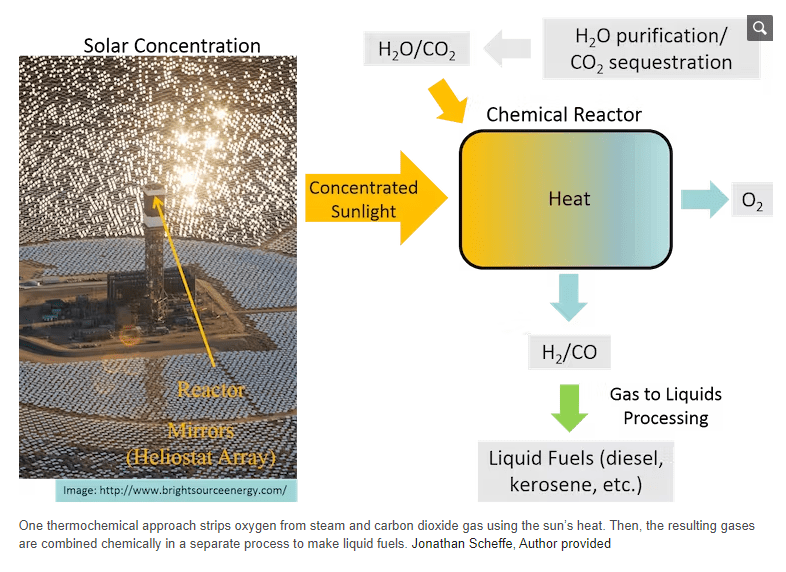Harnessing Solar Energy for Sustainable Transportation
In a world grappling with environmental challenges in transportation, researchers are turning to innovative solutions for sustainable vehicle power. One promising avenue is harnessing the clean and abundant energy of the sun. This article from the World Economic Forum explores the transformative potential of solar energy in revolutionizing the way we propel planes and cars.
Advancements in Solar-Powered Vehicles
Significant progress has been made in developing solar-powered vehicles, thanks to advancements in photovoltaic technology. Solar cars, equipped with sleek designs and adorned with solar panels, are no longer mere prototypes. They have proven their capabilities in long-distance races and solar challenges worldwide.
Solar cars utilize solar panels to convert sunlight into electricity, which is then stored in batteries to power the vehicle’s motor. These vehicles have demonstrated their potential by successfully traversing long distances. The University of Business Innovation and Sustainability recognizes the significance of this breakthrough and its capacity to shape the future of transportation, aligning its curriculum with the United Nations sustainability goals.
Solar Aviation: Exploring the Feasibility
Solar aviation is gaining traction, as exemplified by the Solar Impulse project, which circumnavigated the globe using only solar power. The innovative aircraft, equipped with solar panels, demonstrated the feasibility of harnessing solar energy for flight. While current limitations restrict solar power as the primary energy source for large commercial planes, smaller aircraft and drones have successfully utilized solar energy for their propulsion systems.
Promising Benefits of Solar-Powered Transportation
Solar-powered transportation offers significant benefits. By relying on renewable energy, we can substantially reduce greenhouse gas emissions and mitigate the environmental impact of transportation. Solar vehicles reduce reliance on fossil fuels, leading to cleaner air and a healthier planet. The integration of solar energy systems in vehicles contributes to the broader goal of energy decentralization and promotes self-sufficiency.
Aligning Curriculum with Sustainability Goals
The University of Business Innovation and Sustainability has embraced the United Nations sustainability goals, aligning its curriculum to educate future professionals in sustainable innovation. By incorporating these goals into their studies, students are equipped with the knowledge and skills to shape a greener future.
The Need for Continued Research and Investment
Continued research and investment in solar-powered transportation are crucial. While the technology has made significant strides, further advancements are needed to overcome current limitations and make solar energy a viable option for commercial planes and mass-market cars. Ongoing collaboration between academia, industry, and policymakers is essential to make the dream of a transportation sector powered by the sun a reality.
Making Solar-Powered Transportation a Reality
The integration of solar power in vehicles holds immense potential as we strive to achieve the United Nations’ sustainability goals. By harnessing the energy of the sun, we can reimagine transportation and take significant steps towards a more sustainable future. The commitment of the University of Business Innovation and Sustainability to align its curriculum with these goals underscores the importance of sustainable innovation in shaping a better world. Together, we can build a brighter future, powered by the sun.
Comments are closed.

